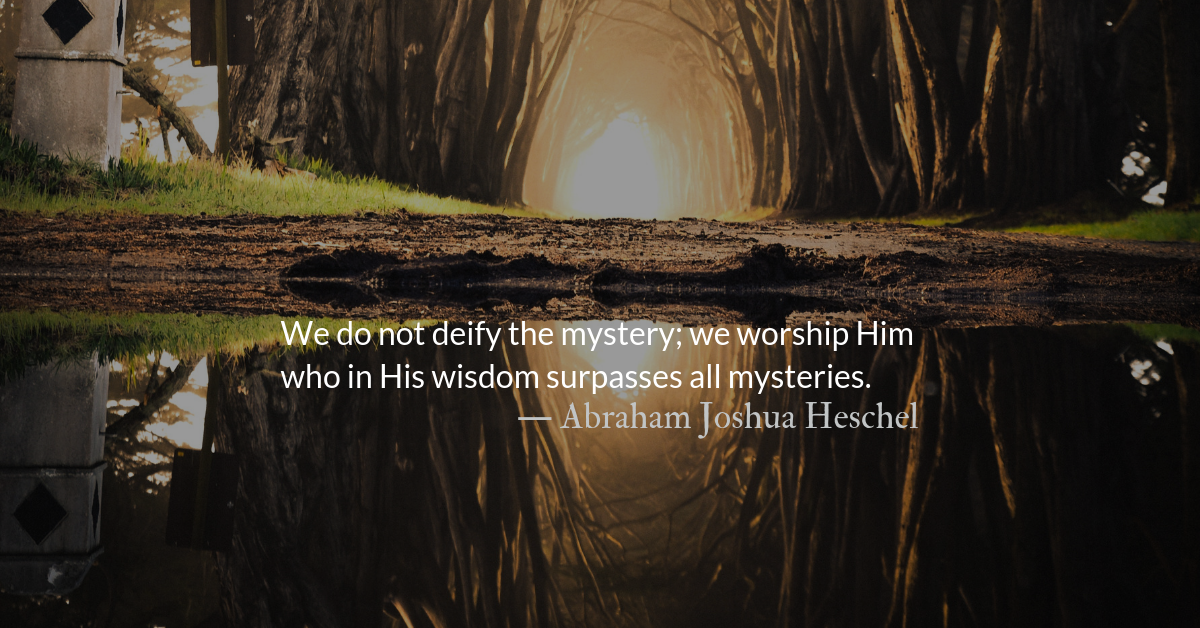Scripture Focus: Psalm 76.5-12
5 The valiant lie plundered,
they sleep their last sleep;
not one of the warriors
can lift his hands.
6 At your rebuke, God of Jacob,
both horse and chariot lie still.
7 It is you alone who are to be feared.
Who can stand before you when you are angry?
8 From heaven you pronounced judgment,
and the land feared and was quiet—
9 when you, God, rose up to judge,
to save all the afflicted of the land.
10 Surely your wrath against mankind brings you praise,
and the survivors of your wrath are restrained.
11 Make vows to the Lord your God and fulfill them;
let all the neighboring lands
bring gifts to the One to be feared.
12 He breaks the spirit of rulers;
he is feared by the kings of the earth.
2 Kings 19.16
…listen to all the words Sennacherib has sent to ridicule the living God.”
Isaiah 37.22
22 this is the word the Lord has spoken against him:
“Virgin Daughter Zion
despises and mocks you.
Daughter Jerusalem
tosses her head as you flee.
Reflection: Responding in Kind
By John Tillman
Our recent reading from 2 Kings 19 included the story of Sennachrib’s threats against Jerusalem and his defeat without Judah even lifting a sword. The story repeats in Isaiah 37, and many Psalms, such as Psalm 76, 46, and 59, reflect on it.
Sennacherib claimed other gods had not saved their lands from him, and Judah’s God would fare no differently. Hezekiah physically brought the letter to the Temple, laid it out before the Lord, and read out Sennacherib’s words. “…listen to all the words Sennacherib has sent to ridicule the living God.” (2 Kings 19.16)
Isaiah brought Hezekiah a response to Sennacherib. Isaiah’s poem (Isaiah 37.22-35) is a scoffing prophecy. It returns Sennacherib’s scorn, spite for spite. Isaiah tells the man who thinks himself a god-killer that God will lead him by a hook through his nose.
Like Isaiah, Hezekiah, and the psalmists, we live in a world that is in love with scorn. Simply by living and believing the words of Jesus, we are targets of derision, mockery, and outrage. For trusting in the Bible, we experience attacks, accusations, and even violence.
There are powerful cultural and political forces in this world that treat our God as Sennacherib did. Powerless. Irrelevant. Laughable. Often, we want to strike back with our own scornful takedowns, bluster, and insults.
There’s an old saying that we don’t have to attend every fight we are invited to. While scoffers and scorners sharpen their arrows, let us turn to God and keep our vows to him. God doesn’t need our defense but he does desire our devotion.
Do we have insecurities or bitterness triggered by insults, harm, or attacks? Are there counter-attacks forming in our minds? Insults bubbling in our hearts?
Instead of responding in kind, let us turn their words over to God as Hezekiah did. Lay out their words and actions before the Lord. Read him the tweet. Forward him the email. Show him what was done or said.
There is a time to speak facts and engage in healthy debate. There is a time for sarcasm and biting wit. There is a time to stand as God does, holding out our arms all day long to obstinate people. (Isaiah 65.1-3) There is also a time to close our mouths, let people be wrong, and pray that in his mercy, God will break through where we fail.
Divine Hours Prayer: The Refrain for the Morning Lessons
No good things will the Lord withhold from those who walk with integrity. — Psalm 84.11
– From The Divine Hours: Prayers for Summertime by Phyllis Tickle.
Today’s Readings
2 Kings 22 (Listen 3:45)
Psalms 75-76 (Listen 2:33)
Read more about Wisdom & Persuasion
Sennacherib and the Assyrians taunted the Israelites…stoking the people’s fear…fear was a potent tactic.
Read The Bible With Us
Ask friends to join you in our Bible reading plan. Grow together at a sustainable, two-year pace.








